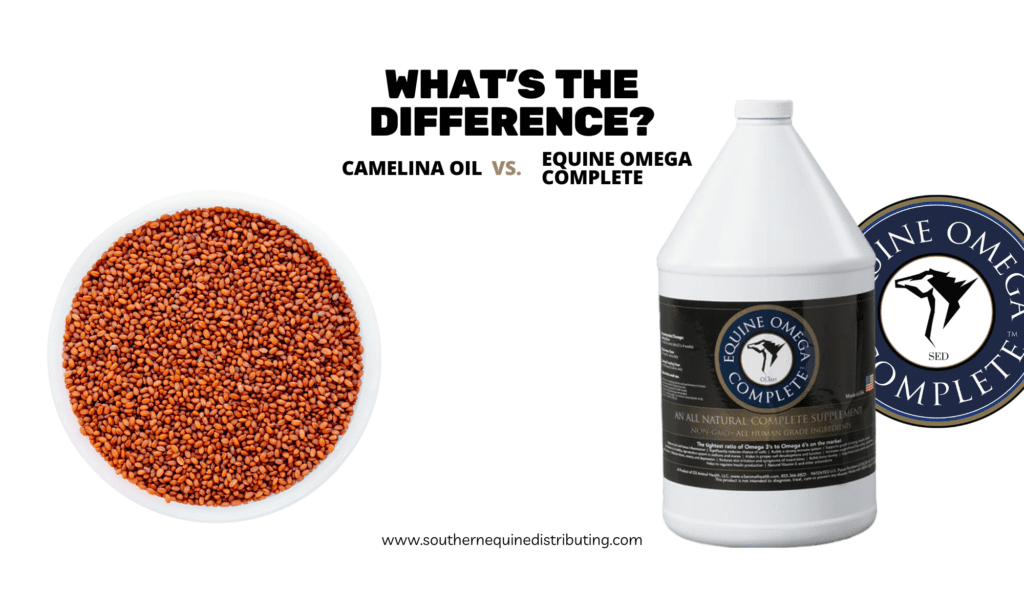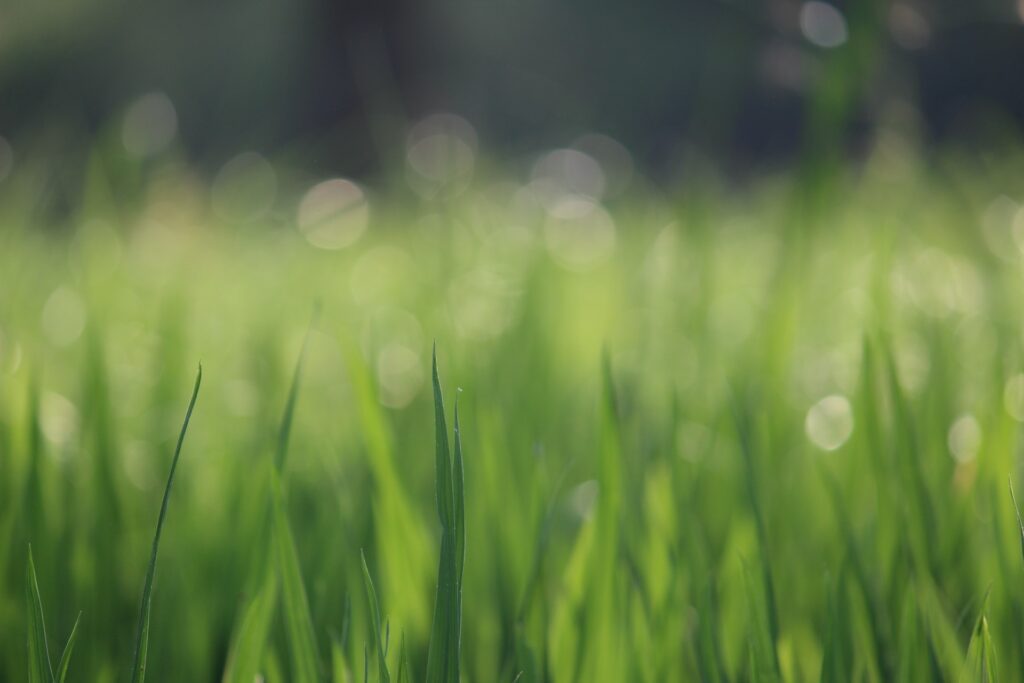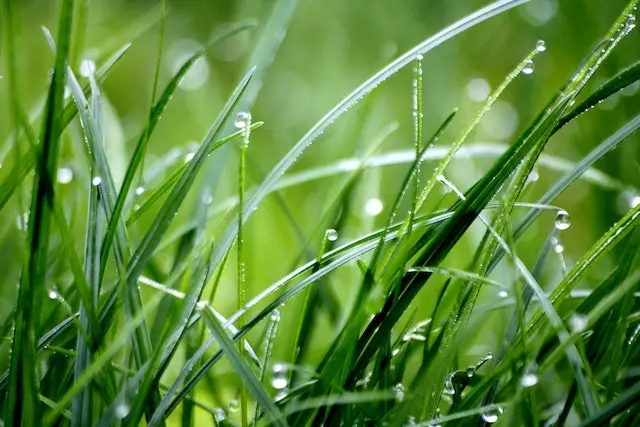Ensure your horse is fulfilling its daily vitamin-E requirements and avoid vitamin-E deficiency.
Vitamin E is an integral part of your horse’s health, and ensuring your horse receives the proper amount of vitamin E to protect and promote cellular health can be easily administered; however, not just any type of vitamin E will provide the proper results. Natural vitamin E is easily synthesized by horses, leading to proper absorption and subsequent health benefits.
Our natural source of Vitamin E is d-Alpha Tocopherol, which binds better to specific transport proteins in the liver, having better bioavailability than synthetic forms, allowing it to be better transported to different tissues.

At the recommended amount, horses on less than 12 hours per day of good-quality pasture should therefore receive supplemental vitamin E.
Horses with a vitamin E deficiency can be at risk for several conditions, including equine motor neuron disease (EMND), vitamin E deficient myopathy (VEM) and general muscle soreness and poor performance.
Learn more about our products, the ingredients that go into them, and how each works to target specific health concerns and improve your horse’s overall well-being.


